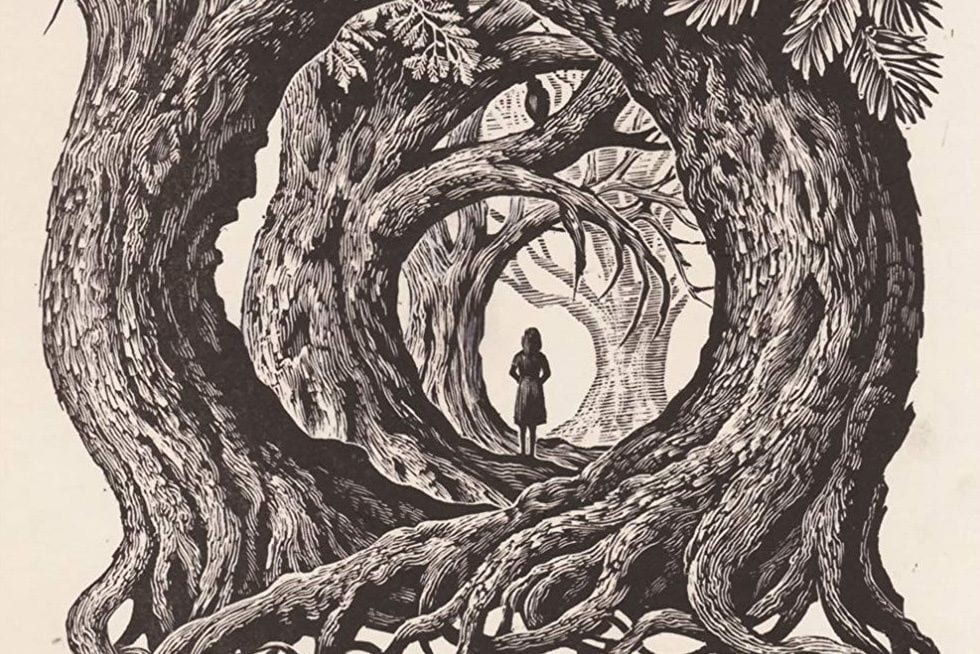
Only the Surveilling Technology Is New ‘The Listeners’ Contends
In The Listeners, scholar Brian Hochman narrates a history of surveillance in the United States by means of technological cunning up to 2001.

In The Listeners, scholar Brian Hochman narrates a history of surveillance in the United States by means of technological cunning up to 2001.

Amir ElSaffar’s The Other Shore is about confronting and moving past musical and cultural barriers. “My idea is to expand ideas of culture,” says ElSaffar.

Gianrico Carofiglio’s drive for simplicity and directness in Three O’Clock in the Morning carries the reader along to clarity about fundamental truths.

Astrophysicist Sara Seager’s memoir illuminates an astute practitioner of metaphor as a form of reasoning, illustration, and artful emotional resonance.

For metal stalwarts Pallbearer, death and inevitability are themes that run through their work, but perhaps no more prominently than on their piercing new record Forgotten Days.

Nicholas Buccola's The Fire Is Upon US is, at times, marred by glibness, impatience, and ahistorical tendencies that suggest, to an extent, it is also a reflective of the deteriorating conditions that mark our public discourse in 2020.

In Vasily Grossman, the lost and nameless victims of the Nazi invasion of the Soviet Union – soldier and civilian, ordinary men and women – found their literary chronicler.

The writing on the Lone Bellow's Half Moon Light strives towards the essence of a thing – emotional conflict and tension, inward or interpersonal – and resolution.

Like some kind of academic performance art, it's as if the author of Madness of Knowledge smashed a pane of glass with a hammer and was dazzled by the tiny shards.

There's a lot of anger in the ugly, infuriatingly stupid, and implacable discourses of our political culture, to say nothing of the distorting, amplifying, and accelerating effects new media has for our anger. Perhaps it's time to revisit Martha Nussbaum's Anger and Forgiveness.

Like the characters that Umberto Eco captured in his first three novels, those of In the Night Wood are literary obsessives inspired, baffled, or haunted by texts, codes, cryptic nomenclature, dashed off scribbles, pagan mythology, and weird imagery.

With a trilogy of striking, multi-genre albums under her belt, a re-release of Jane Weaver's seminal 2014 classic The Silver Globe causes all sorts of reflecting on her own sound, her own legacy, and why she never wants to run a concert from a laptop.